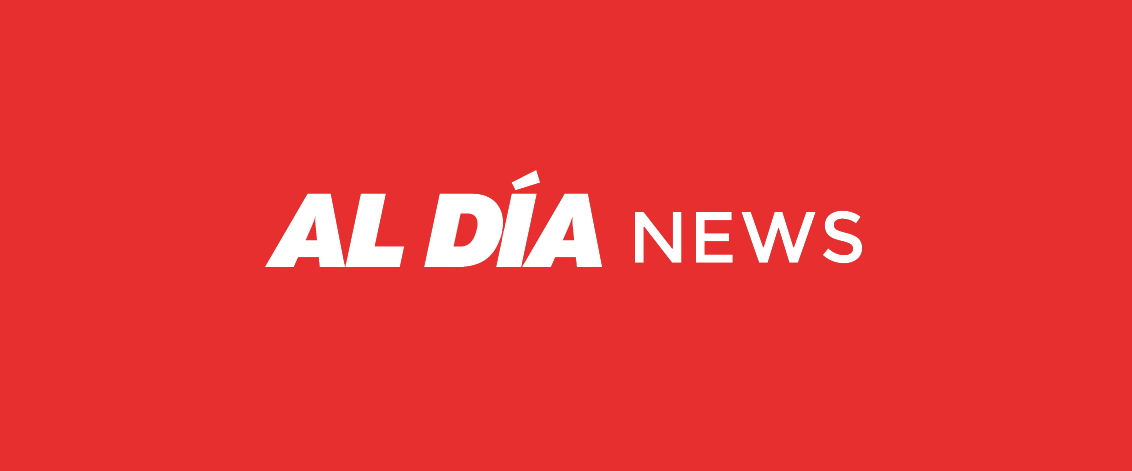
Hugo Chavez' Verbiage Until 2018?
The Venezuelan President recently celebrated his ten years in power, and based on the February 15 election results he might increase his years in power to 19,…
The Venezuelan President recently celebrated his ten years in power, and based on the February 15 election results he might increase his years in power to 19, if Venezuelans vote in favor of the unlimited reelection bid by Chavez.
Hugo Chavez lead the failed coup-d’état in 1992 against Carlos Andrés Pérez, served 2 years in prison and was released in exchange of abandoning his military career. Thereafter he won by a landslide the elections of 1998 thanks to voters exhausted by political corruption.
In 1999 he was inaugurated as President, and through a constitutional reform he sponsored managed to open the doors to perpetuate himself in power.
His tenure has been marked by his folkloric verbiage, a continuous anti-Yaqui discourse and by meddling in the internal affairs of other nations.
The Bolivarian era has yielded inside Venezuela extreme polarization; also it evidenced a divided opposition lacking a charismatic leader of its own capable of dislodging commander Chavez from power.
Born in the Venezuelan state of Barinas, Chavez is positively grounded in popular support: He won 3 elections, overcame a coup-d’état, and a referendum to revoke his reforms. Today he prominently leads Latin America’s XXI Century Socialism.
“The revolution will not be reversed” proclaimed just a few days ago in Venezuela the Presidents of Ecuador, Bolivia and Nicaragua.
Nevertheless, Venezuelan opposition resented the fact that foreign presidents had chosen to meddle in their internal affairs by supporting Chavez’ reelection.
Opposition leader Manuel Rosales compared the presidents to jukeboxes. “They sing along for every dollar they get”, said Rosales.
Even though in November 2008 Chavez’ political party won the majority of governorships, the opposition took over Venezuela’s two main states and its capital Caracas City Hall.
This Sunday two things could happen in Venezuela: Either the opposition finds its ground, or Chavez will vindicate himself after last election’s losses, specially the 2007 referendum denying him unlimited reelection. Thus the possibility of a third Chavez term until 2012.
A question begs to be asked. What is Chavez going to do in the following 3 or 9 years if oil prices remain low, or if Venezuela’s oil output is not increased? How will he intend to finance the subsidies for health and education for the poor, as well as the distribution of low cost food? Will he be forced to adopt unpopular economic measures to confront inflation after the loss of $60 billion dollars worth of oil revenues?









LEAVE A COMMENT:
Join the discussion! Leave a comment.